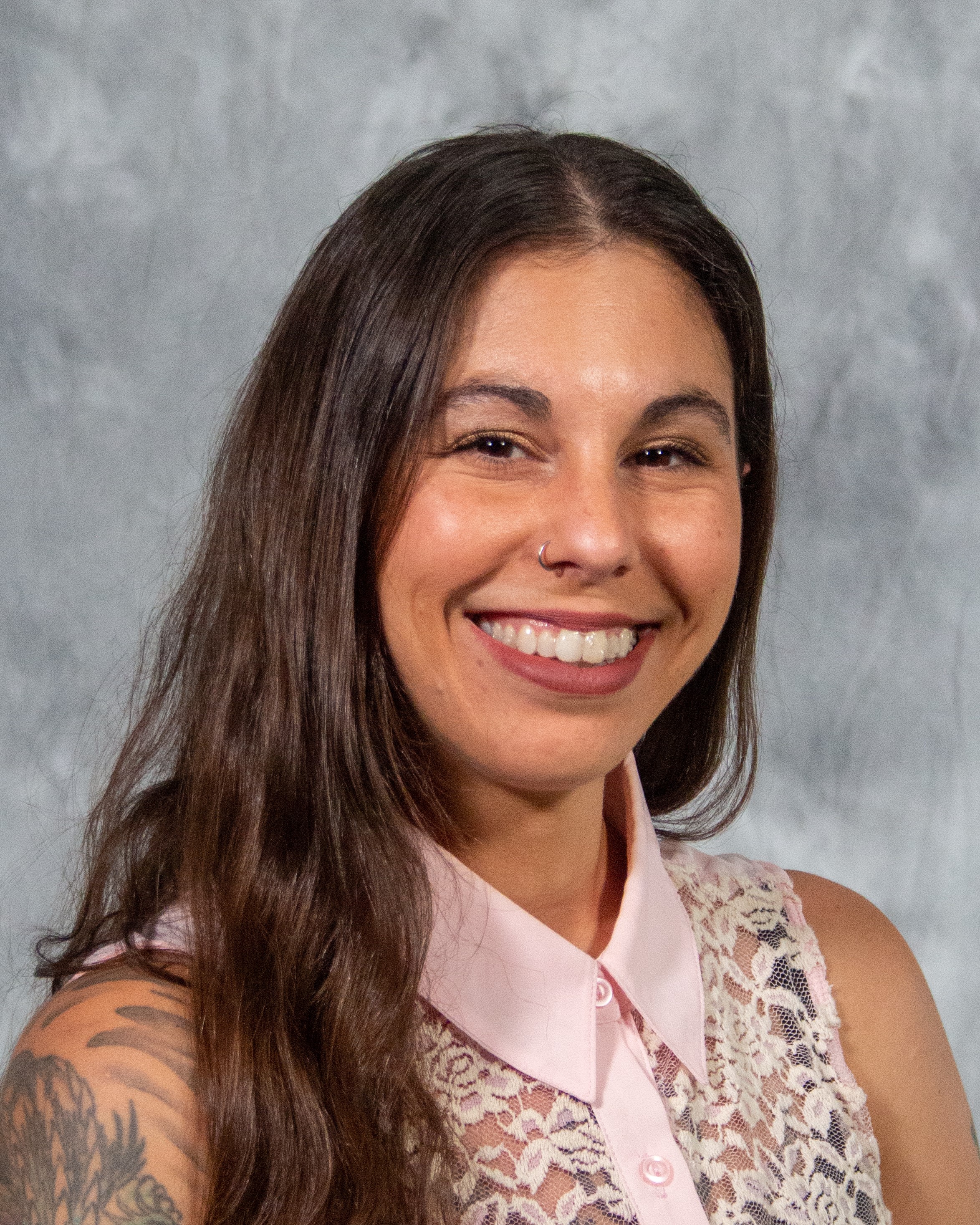Heather Dial, Ph.D.

Assistant Professor
Phone: 713.743.9625
Email: hrdial@central.uh.edu
Office: Melcher Life Sciences M242F
Curriculum Vitae
Heather Dial received a Ph.D. in psychology from Rice University in 2016 and a B.S. in psychology from the University of Houston in 2010. From 2016-2021, she completed a postdoctoral fellowship in Speech, Language, and Hearing Sciences at The University of Texas at Austin. Her primary research interests are in the cognitive and neural processes supporting speech perception and language comprehension, with a focus on how these processes are impacted in stroke-induced and primary progressive aphasia. Outside of work, Professor Dial loves to watch cartoons, go camping, run, bike, listen to and play music, read and spend time with her friends, family, dogs and cats.
Education
- Ph.D., Psychology, Rice University, Houston, TX
- M.A., Psychology, Rice University, Houston, TX
- B.S., Psychology, University of Houston, Houston, TX
Teaching
- Advanced Research Methods (COMD 8329)
- Aphasia (COMD 6334)
- Research and Critical Thinking (COMD 6261)
- Neuroscience for Communication Disorders (COMD 4333)
Research Interests
Professor Dial’s research interests relate to the cognitive and neural processes supporting speech perception and language comprehension. She has investigated cognitive and neural changes in speech and language processing in the context of stroke-induced and primary progressive aphasia, rehabilitation of speech and language processing in these populations, and the cognitive and neural processes supporting treatment-induced gains. Her research takes an interdisciplinary approach to bridge the gap between basic science and applied, clinical research and uses a wide variety of methods, including behavioral, eye-tracking, structural neuroimaging (voxel-based lesion symptom mapping, voxel-based morphometry), electroencephalography (EEG), natural language processing and machine learning.
For more information, view Dr. Dial’s research page and her lab page.
Recent Grants
(past 5 years)
- 2025-2027 Clinical Teachers’ Association of Queen’s University Research Endowment Grant. Speech Perception and Language Comprehension Deficits in Parkinson’s Disease, Role: Co-Investigator
- 2024-2026 National Institutes of Health/National Institute of Deafness and Other Communication Disorders (NIH/NIDCD) R21DC021497. Reliability and Validity of Temporal Response Function Modeling in Aphasia, Role: Principal Investigator
- 2022 IUCRC BRAIN Center Industry Funded Seed Grant. Continuous and Discrete Decoding of Overt Speech Using Electroencephalograph, Role: Co-Principal Investigator
Selected Publications
(For a full list of publications, see CV.)
- Dial, H., & Gnanateja, G.N. (2025). Test-retest reliability of TRF-derived measures of cortical tracking of the speech envelope.
- Dial, H., Pugalenthi, L., Gnanateja, G.N., Li, J., & Henry, M. (2025). Application of machine learning and temporal response function modeling of EEG data for differential diagnosis in primary progressive aphasia. Scientific Reports.
- Quinn, C., Craik, A., Tessmer, R. Henry, M., & Dial, H.(2025). Utilization of resting-state electroencephalography spectral power in convolutional neural networks for classification of primary progressive aphasia. Neuroimage: Reports, 5, 100242.
- Dial, H., Tessmer, R., & Henry, M. (2024). Speech perception and language comprehension in primary progressive aphasia. Cortex, 181, 272-289.
- Dial, H., Europa, E., Grasso, S. M., Mandelli, M. L., Schaffer, K. M. Hubbard, I. H., … Henry, M. L. (2023). Baseline structural neuroimaging correlates of treatment outcomes in semantic variant primary progressive aphasia. Cortex, 158, 158-175.
Honors
- Lessons for Success Fellow, American Speech-Language-Hearing Association (2019)
- NIDCD Fellowship for Research Symposium in Clinical Aphasiology (2017, 2018)
- Fellow, Academy of Aphasia
Professional Activities
- Co-Chair, Academy of Aphasia Mentoring Program for Junior Investigators, 2022-present
- Member, NSF IUCRC BRAIN Center
- Member, ANCDS Progressive Neurogenic Communication Disorders Writing Group